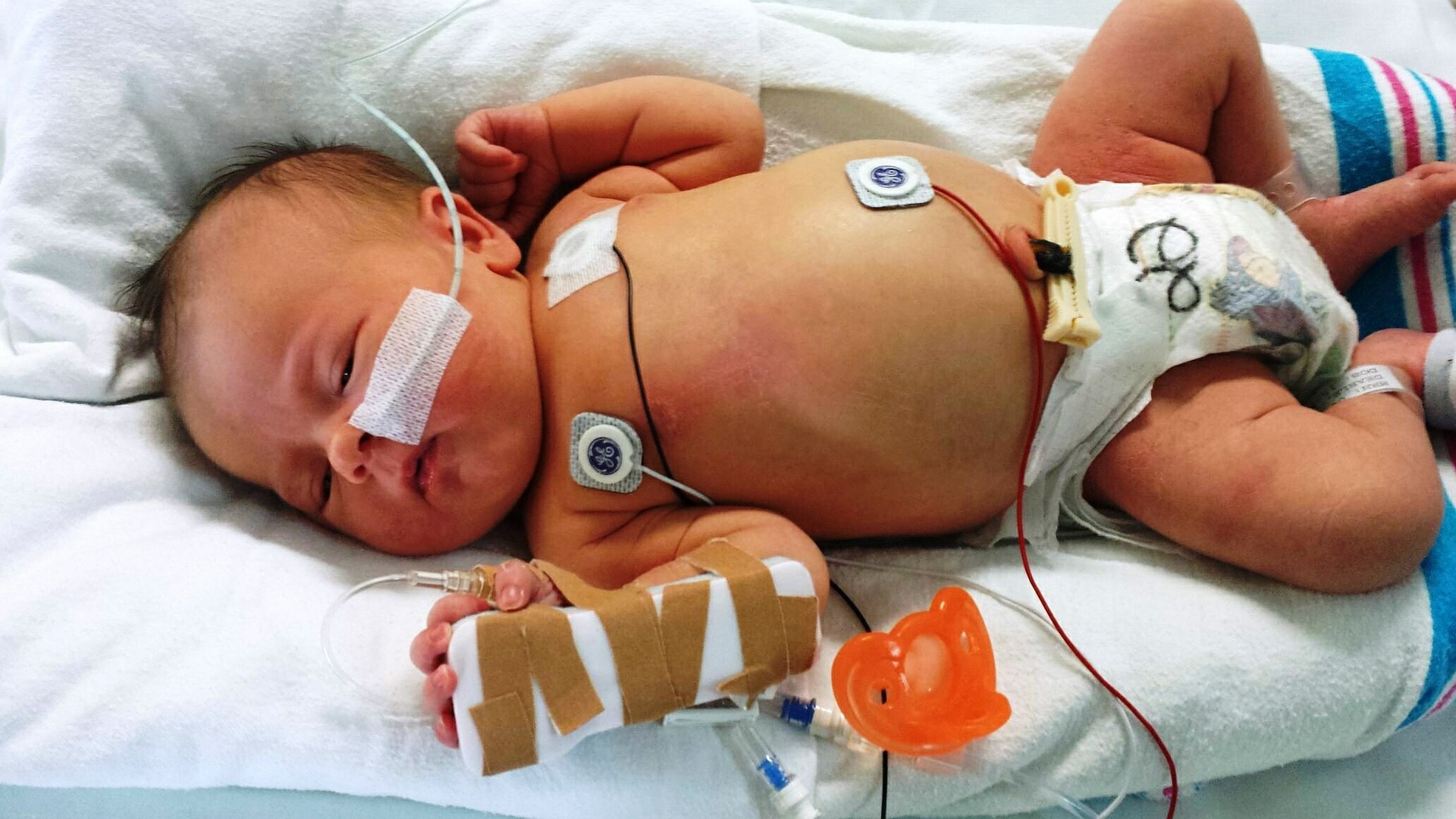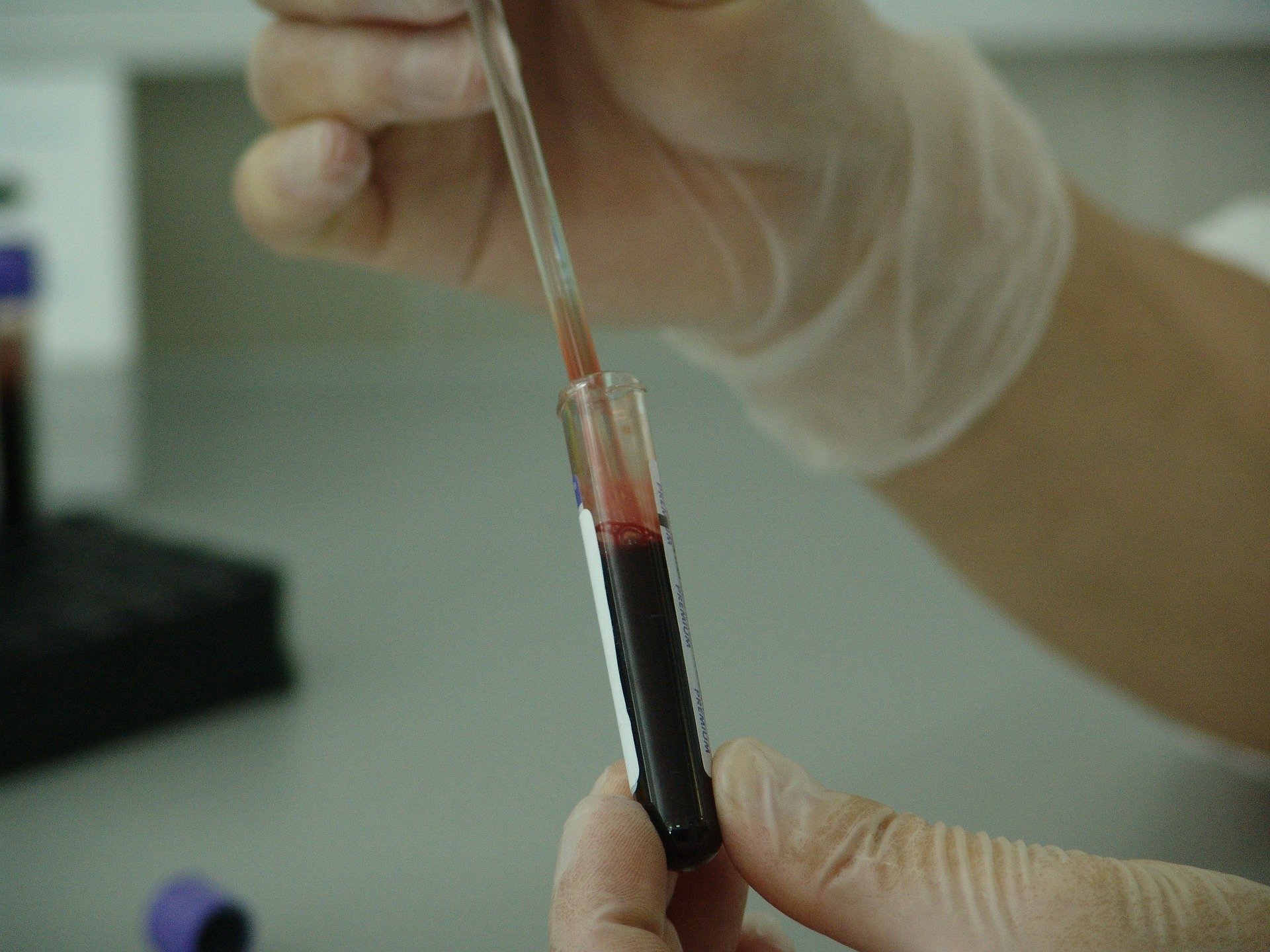Bernard-Soulier Syndrome
What is Bernard-Soulier Syndrome?
Bernard-Soulier Syndrome (BSS) also termed Giant Platelet syndrome is a rare platelet function disorder. It is an inherited platelet function disorder. Platelets are usually small structures in our blood that help the blood to clot after small injuries or due to the normal pressure of blood flow. In individuals with BSS, the platelet number is slightly reduced and they are unusually large when viewed under the microscope. People with BSS bruise easily and suffer from frequent nosebleeds. They also experience heavy and long duration of bleeds after even a minor trauma. People with BSS may also have tiny red or purple spots on the skin known as petechiae and purpura which occur due to blood leaking from blood vessel and are skin bleeds not blood clots.
BSS is rare and occurs in 1 in 1 million individuals. However, it may often go undiagnosed.
Patterns of Inheritance
Bernard-Soulier Syndrome is an inherited, genetic disorder. It is inherited in an autosomal recessive pattern which means both parents carry a copy of the defective gene. The genes involved are GP1BA, GP1BB, GP5 and GP9.
In rare cases, BSS is inherited in an autosomal dominant pattern where one copy of the defective gene is enough to cause the disease.

Image source: Pixabay
Symptoms and Diagnosis
Symptoms
Bernard-Soulier Syndrome causes the following symptoms:
- Easy bruising
- Bleeding from the nose or gums
- Excessive bleeding after minor traumatic episodes
- Pain, warmth and swelling around joints where a bleed may have occurred
- Frequent digestive issues
- Women present with unusually heavy menstrual periods or prolonged bleeds during childbirth

Image source: Pixabay
Diagnosis
Is based on symptoms, patient’s clinical history, family history and a combination of laboratory tests and genetic tests:
- Lab workup – giant platelets can be viewed structurally on a blood film under the microscope by a pathologist
- Platelet aggregation studies
- Flow cytometry can indicate abnormalities of platelet membrane glycoprotein
- Molecular testing – to identify the defective gene mutation

Image source: Pixabay
Current Management
The mainstay treatment for Bernard-Soulier Syndrome is treating bleeding episodes during trauma and treatment during surgical procedures like dental work and surgeries.
Platelet transfusion with normal healthy platelets is required before and during surgeries to avoid heavy bleeding episodes. However, some patients with BSS become resistant to platelet transfusions as they develop antibodies against the normal glycoproteins which they lack naturally. To avoid these reactions, HLA-matched platelets must be used. If HLA-matched platelets are not available, leucocyte-depleted platelets should be used.
People with BSS must avoid aspirin and related drugs as these medicines lead to bleeding even in people with normal platelets. Acetaminophen can be used to manage pain. Antifibrinolytic agents can be used to reduce bleeding after trauma and surgeries. One commonly used antifibrinolytic agent is Tranexamic acid. Tranexamic acid should not be used if there is blood in the urine (called hematuria).
Investigational Therapies
In some patients with BSS, a drug known as Desmopressin acetate has been successful in reducing bleeding time. This drug is useful for minor bleeding episodes.
In the recent years, injection recombinant activated Factor VII (rFVIIa) has proved to be useful. Stem cell transplant is the final curative option for BSS.

References
Description, Types, Causes, Diagnosis, Treatment
https://www.orpha.net/consor/cgi-bin/OC_Exp.php?Lng=EN&Expert=274
https://patient.info/doctor/bernard-soulier-syndrome.htm
https://ghr.nlm.nih.gov/condition/bernard-soulier-syndrome
https://www.rarebleedingdisorders.com/bleeding-disorders/bernard-soulier-syndrome.html
Etiology
https://rarediseases.org/rare-diseases/bernard-soulier-syndrome/
Standard of care guidelines
https://www.ncbi.nlm.nih.gov/books/NBK557671/
Disease Videos
Bernard Soulier Syndrome
What is Bernard Soulier Syndrome?
Keywords
Bernard-Soulier Syndrome, Giant Platelet Syndrome, Petechiae, GP1BA, GP1BB, GP5, GP9, Flow Cytometry, Platelet Transfusion, Antifibrinolytic Agents, Tranexamic Acid, Desmopressin Acetate, Stem Cell Transplant